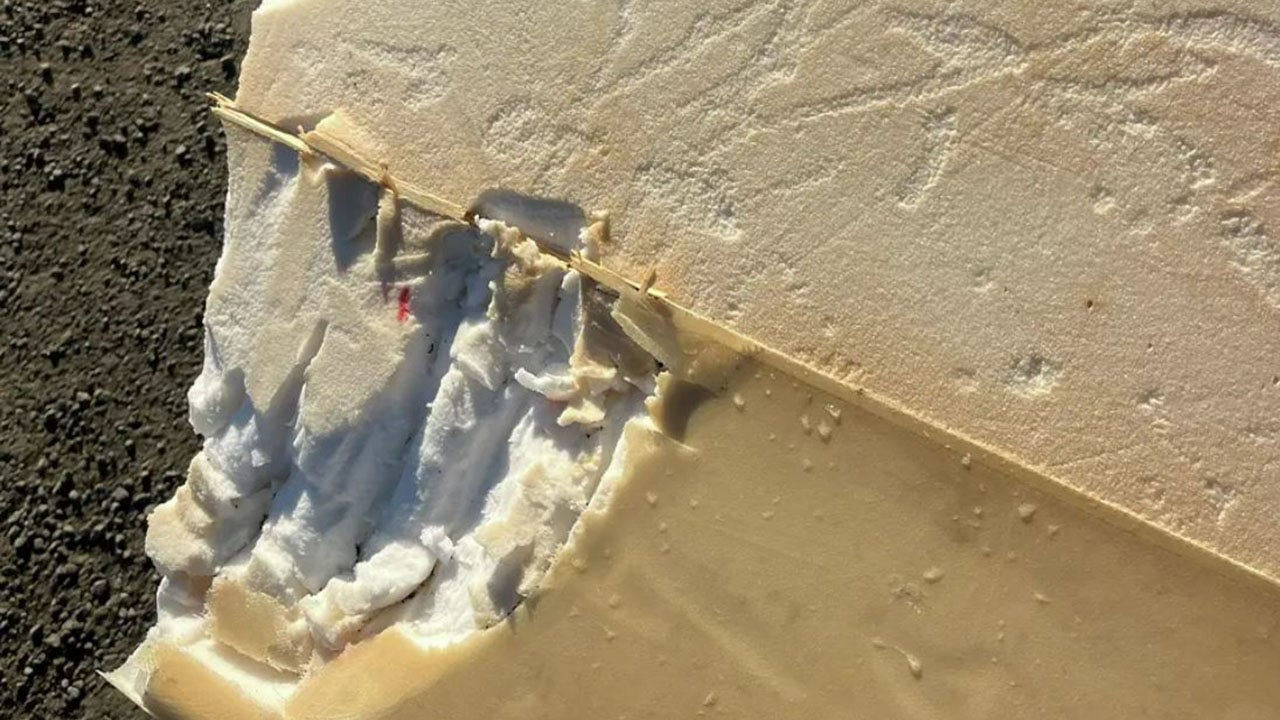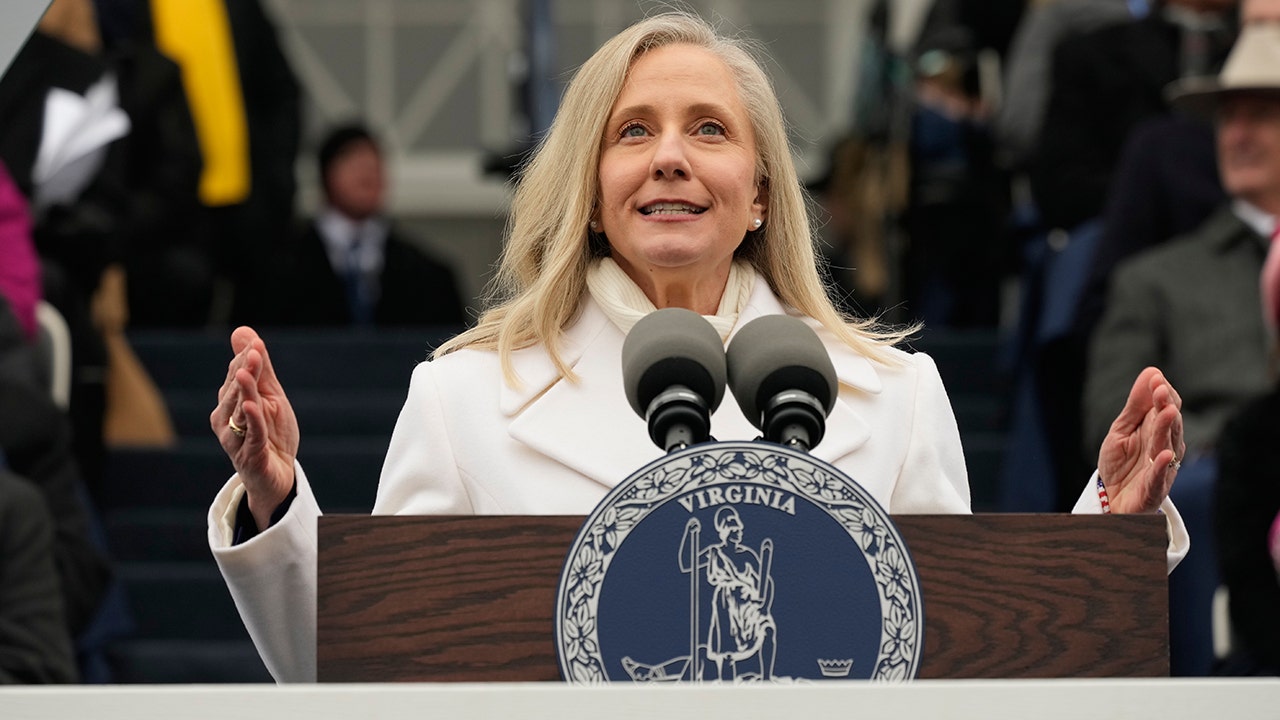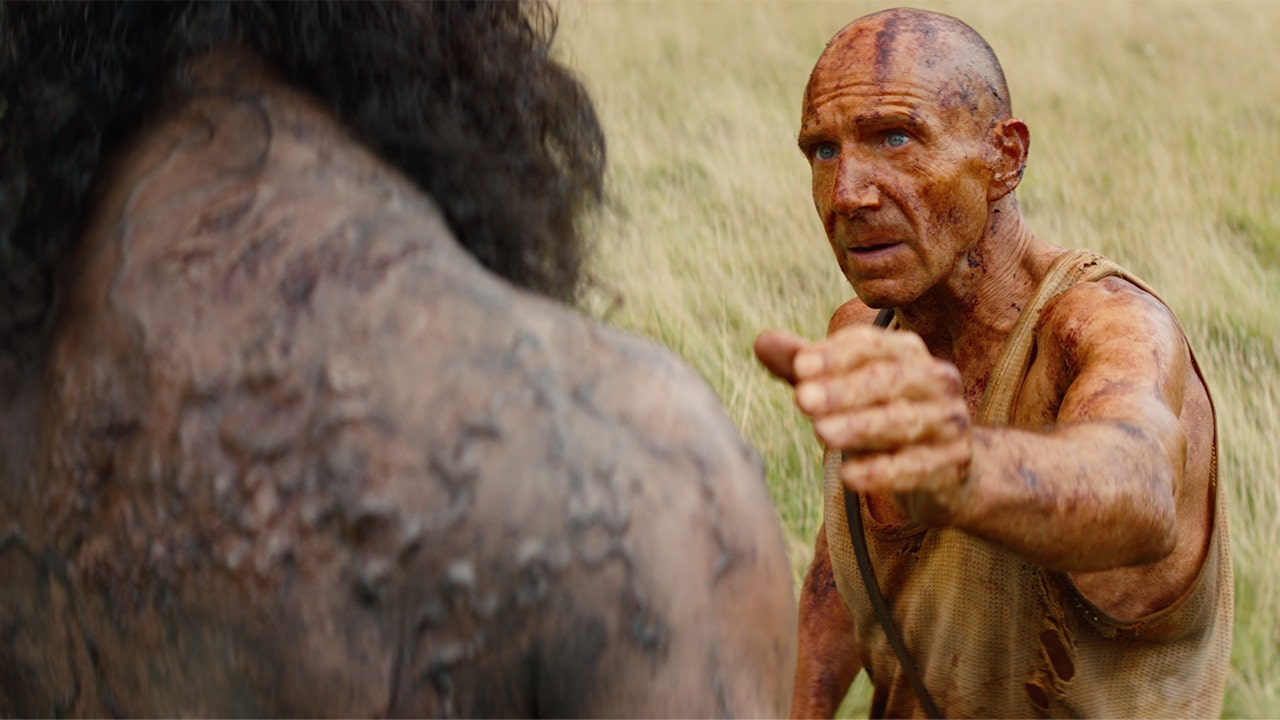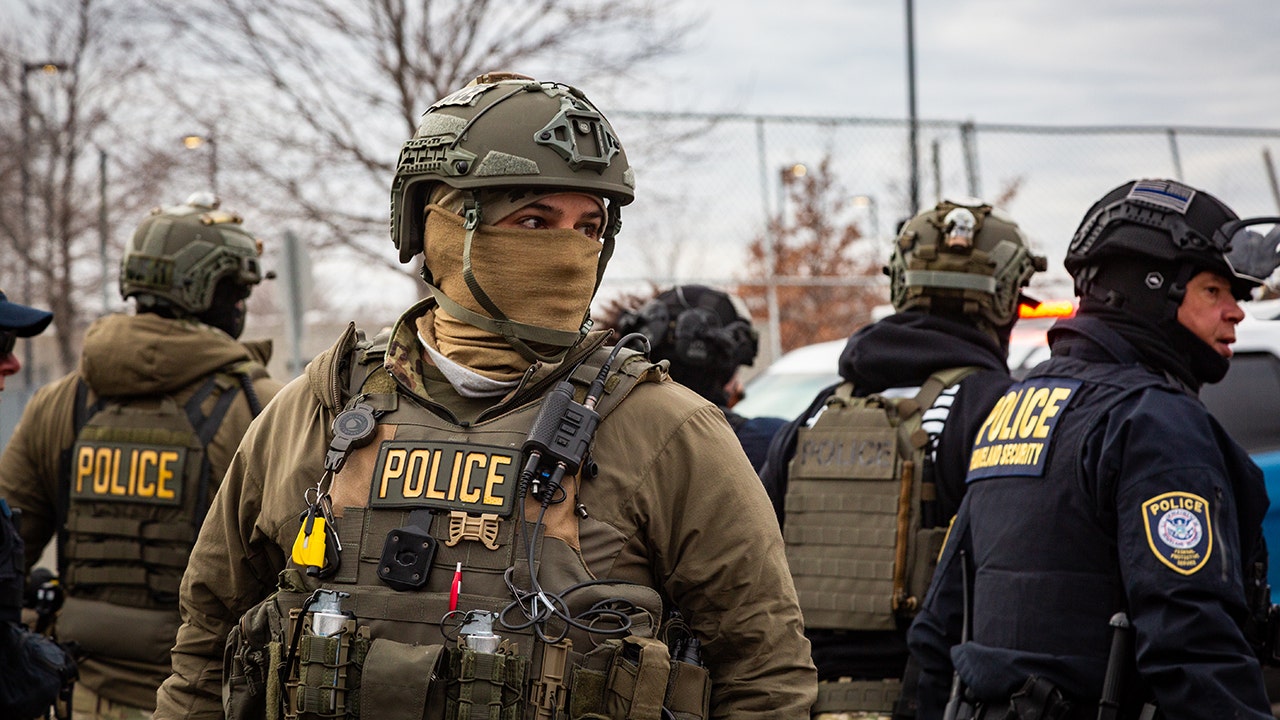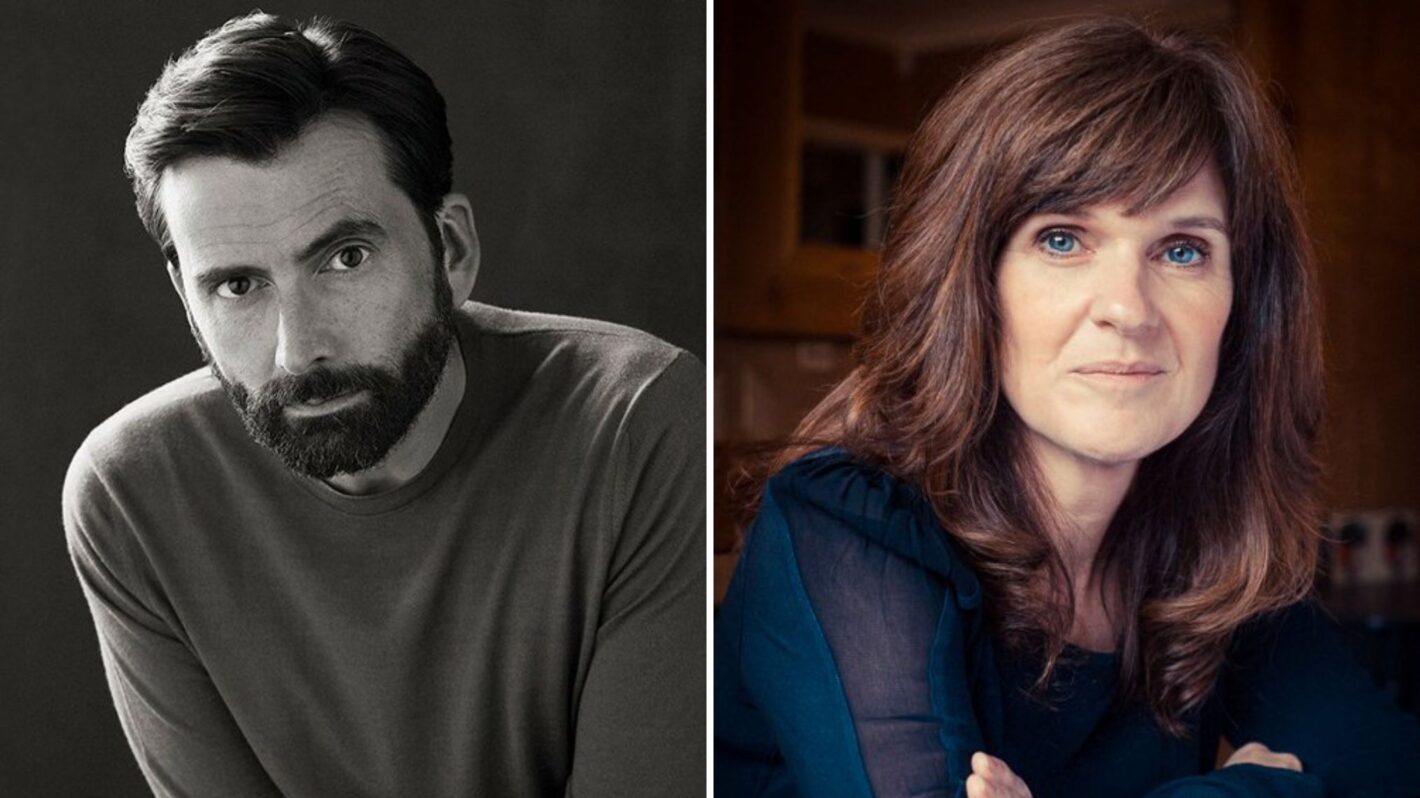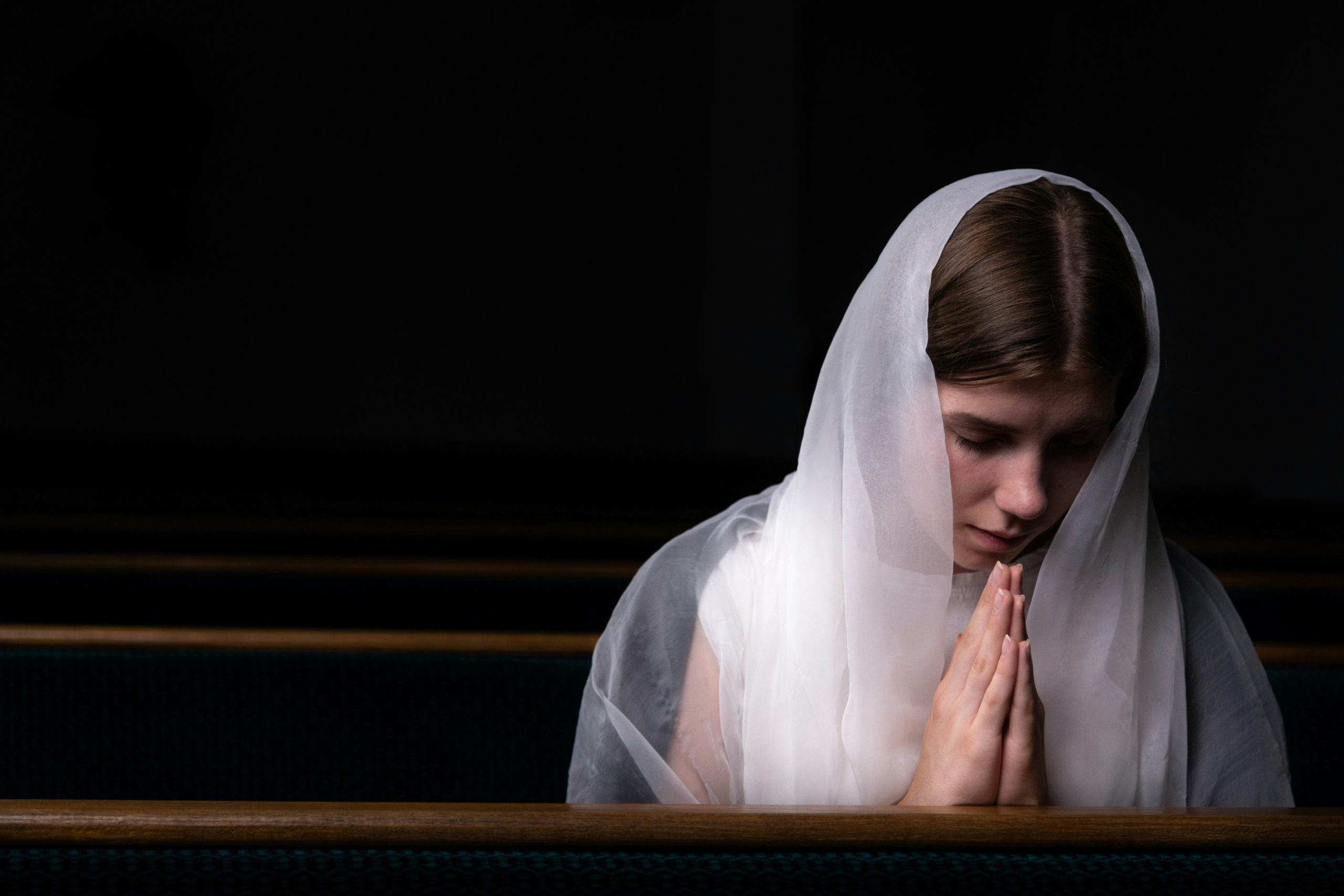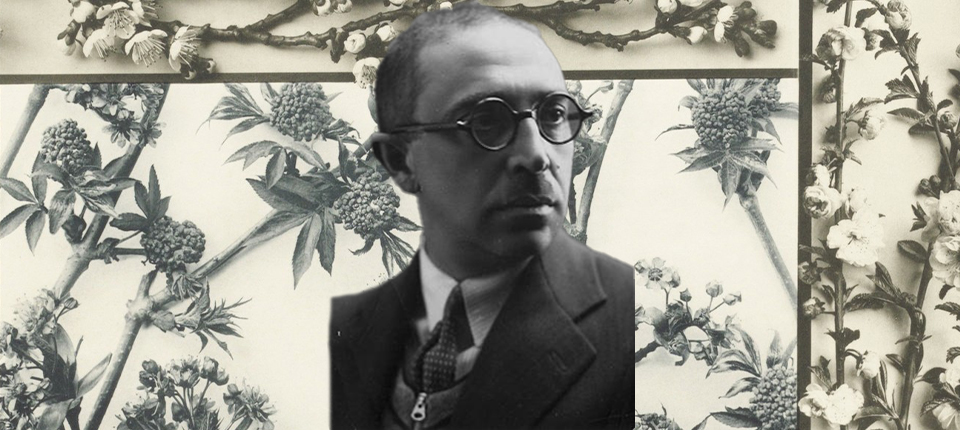The US has seen a huge surge in cases of respiratory syncytial virus, or RSV, mostly in young children. Two companies aim to make vaccines for children and elderly people available next year
Health
3 November 2022
Two pharmaceuticla companies aim to release RSV vaccines next year Bojan Vujicic Getty Images/iStockphoto
A surge in cases of respiratory syncytial virus (RSV), mostly among young children, has been overwhelming hospitals across the US. But vaccines for the virus are in development and two may be available in the country as soon as next year.
RSV is very common, with most people catching it by the time they are 2 years old, says Robert Frenck at Cincinnati Children’s Hospital Medical Center in Ohio. It usually causes mild cold-like symptoms, but it can be life-threatening for children under the age of 5, older adults and people who are immunocompromised. Worldwide, an estimated 160,000 people die each year from RSV.
“There’s no real specific treatment for RSV, and right now, we have no vaccine,” says Frenck. But that may change shortly.
On Tuesday, US pharmaceutical company Pfizer said it will submit its maternal RSV vaccine for approval from the US Food and Drug Administration (FDA) by the end of 2022. Pregnant people given the vaccine pass antibodies through the placenta to their fetus.
A phase III trial found that the vaccine was nearly 82 per cent effective at preventing severe infection in infants under 90 days old, and it remained almost 70 per cent effective through a child’s first 6 months of life.
It usually takes multiple vaccine doses and many months for a young child to generate an adequate number of antibodies against a disease, says Janet Englund at Seattle Children’s Hospital. “The benefit of a maternal vaccine is that it starts working the day the baby’s born,” she says.
Also this week, UK pharmaceutical firm GSK announced that the FDA will review its RSV vaccine for older adults within the next six months. The vaccine was over 82 per cent effective at preventing RSV in a phase III trial of adults aged 60 and older.
In October, the hospitalisation rate in the US for RSV was nearly double what it was in October 2021. Other countries, like Canada and the UK, are also seeing cases rise.
The incidence of RSV usually spikes each year between November and March, says Frenck. Though, because of covid-19 measures such as masking and social distancing, fewer children than usual have contracted RSV the past two years.
Now that such measures have lifted in the US, children who weren’t previously infected are falling ill, potentially explaining the skyrocketing cases this year. “Instead of seeing only children under 1 coming into the hospital, we’re seeing those under 2 or 3 coming in,” says Englund.
Researchers have been trying to develop an RSV vaccine since the 1960s. The first attempts used the same method as the polio vaccine, inoculating children with a whole, inactive version of the virus that couldn’t replicate in the body.
However, this produced such a strong immune reaction that children fell ill, and some even died when they contracted RSV the following year, says Englund.
About 10 years ago researchers discovered a specific protein on the RSV virus, called the prefusion protein, which enables RSV to attach to and infect cells, similar to the spike protein on the covid-19 virus. Vaccines using only RSV’s prefusion protein produce a robust – but not dangerously reactive – immune response, says Englund.
Because an RSV vaccine won’t be available until next year at the earliest, Englund says the best way to protect yourself or your child from falling ill is by regularly washing your hands to prevent the virus’s spread.
Sign up to our free Health Check newsletter for a round-up of all the health and fitness news you need to know, every Saturday
More on these topics:


